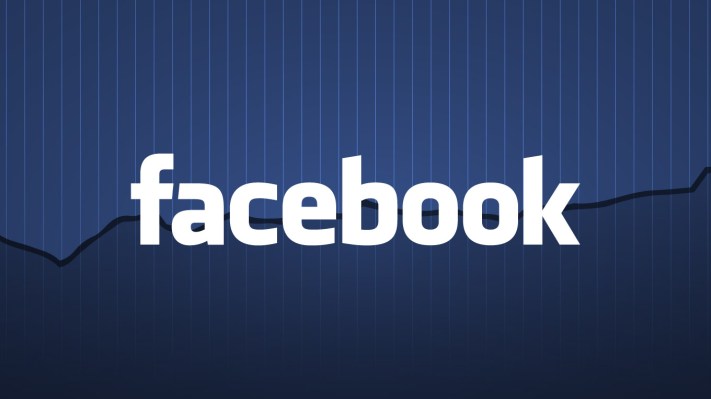In quite the turnaround, it seems Facebook is gaining popularity with young users again.
Forrester Research surveyed 4,517 teens, between the ages of 12 and 17, about social media usage and nearly half said that they were using Facebook more than a year ago.
The survey, first reported by the WSJ, pinpoints smartphone adoption as one of the biggest reasons for the increased Facebook usage, not necessarily their adoration of the platform.
Just last October, Facebook admitted a “decrease in daily users among younger teens,” and several research outlets, such as the Pew Research Center supported this admission.
The Pew study found many teens expressing “waning enthusiasm” for Facebook. Reports like this and Facebook’s acknowledgement has sent the wrong message to marketers, at least according to Nate Elliot, co-author of the Forrester Research report.
Perhaps this is why Facebook launched Slingshot, an app mimicking Snapchat where users are forced to create content to view their friend’s video or photo messages, last week to reignite the spark with its younger audience.
But the problem might just be with Facebook and its efforts to lure a group that wants no part of it.
Slingshot has fallen behind the app Yo, which sends the message “Yo” to a friend. Yo, released on April Fools Day, is ranked 19 on the top charts list in the App Store as of writing and Slingshot is not even on the chart.
This is an example of Facebook’s failure to attract a group that might never again find it attractive. Some people will never find Facebook cool, and Facebook’s growth into a massive corporation has contributed to that.
However, that hasn’t stopped Facebook adoption from being higher than every other social network apart from YouTube, according to the survey. Perhaps this adoption stems from Facebook’s wide reach that teens feel pressured or find it practical to sign up.
As the Pew study highlights, joining Facebook at a young age feels “lame” because of presence of adults.
“They dislike the increasing number of adults on the site, get annoyed when their Facebook friends share inane details, and are drained by the “drama” that they described as happening frequently on the site,” the Pew study found.
The Forrester research presents different numbers from other research outlets, but there is a strong possibility that those numbers will dip again. For all generations, at a certain point, it will always be uncool to be where your parents are — and they’re on Facebook.
